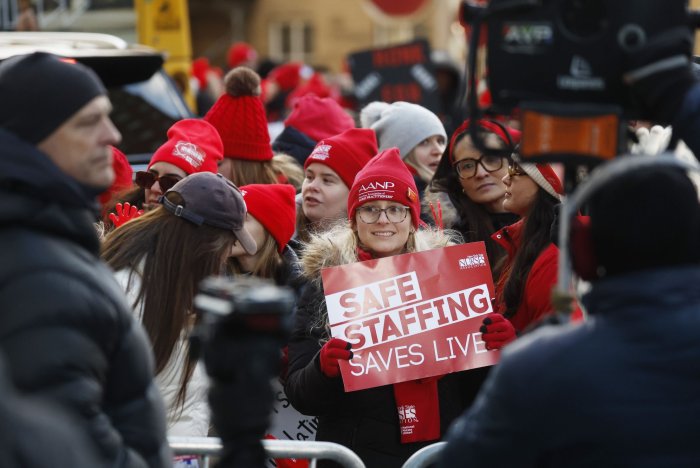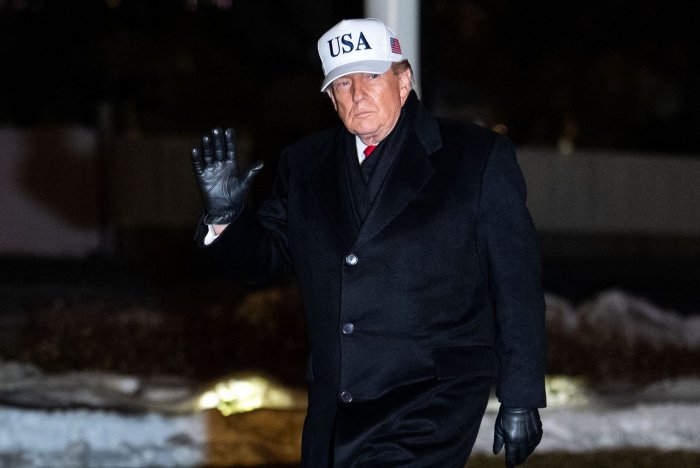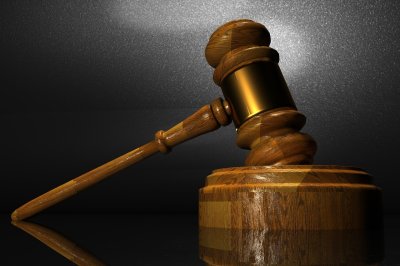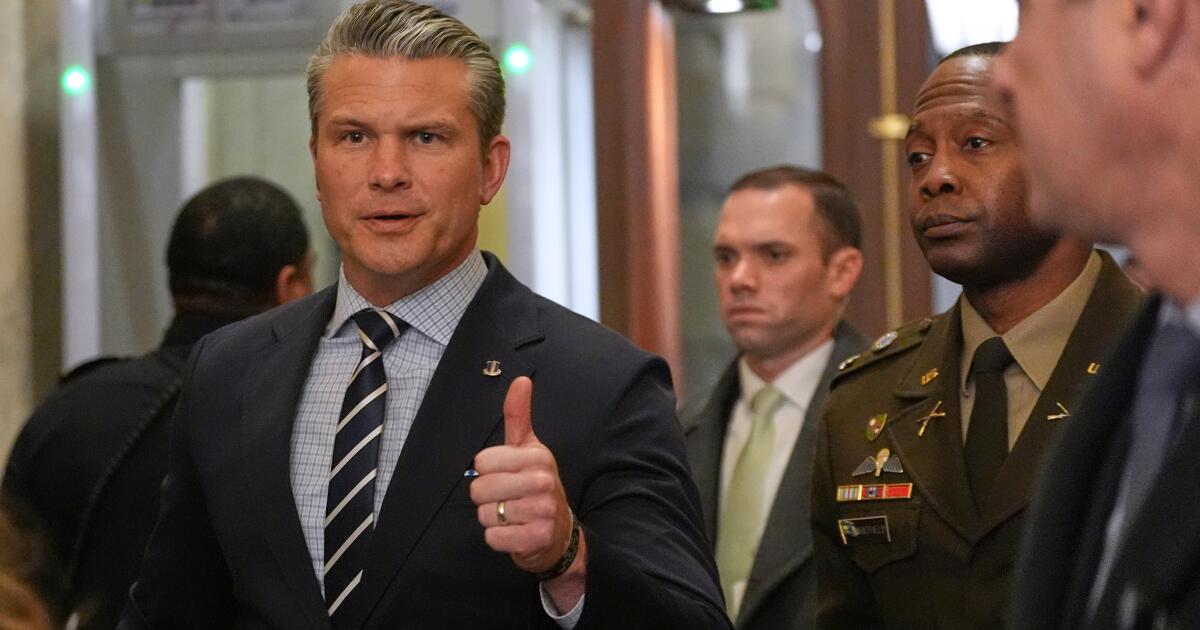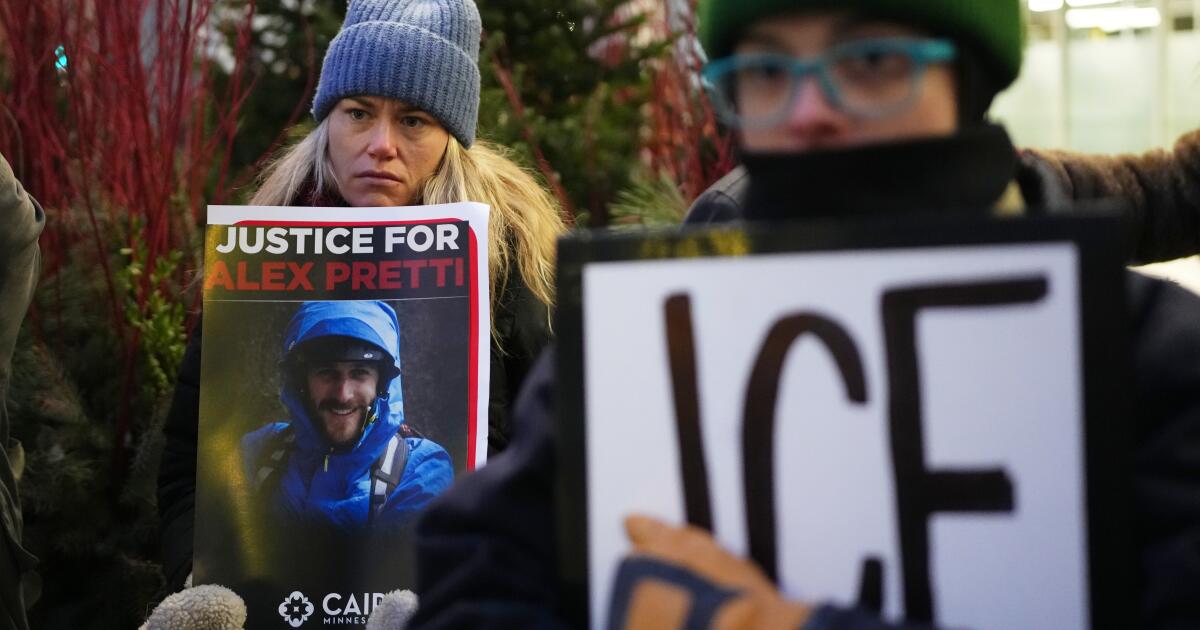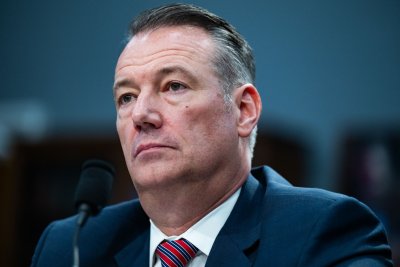Shipping giant Maersk to take over Panama Canal ports after court ruling | International Trade News
Danish company will replace Hong Kong-based firm, CK Hutchison, after Trump claimed strategic waterway was controlled by China.
Published On 31 Jan 2026
Danish firm Maersk will temporarily operate two ports on the Panama Canal after a court ruled that contracts given to a Hong Kong firm were unconstitutional.
The Panama Maritime Authority (AMP) announced the changes on Friday, a day after the Central American country’s Supreme Court invalidated port contracts held by Hong Kong-based firm CK Hutchison.
Recommended Stories
list of 4 itemsend of list
The court ruling followed repeated threats from United States President Donald Trump that his country would seek to take over the waterway he claimed was effectively being controlled by China.
According to the court ruling that annulled the deal, CK Hutchison’s contract to operate the ports had “disproportionate bias” towards the Hong Kong-based company.
On Friday, the AMP said port operator APM Terminals, part of the Maersk Group, would take over as the “temporary administrator” of the Balboa and Cristobal ports on either end of the canal.
Maersk takes over from the Panama Ports Company (PPC) – a subsidiary of CK Hutchison Holdings – which has managed the ports since 1997 under a concession renewed in 2021 for 25 years.
The canal, an artificial waterway, handles about 40 percent of US container shipping traffic and 5 percent of world trade. It has been controlled by Panama since 1999, when the US, which funded the building of the canal between 1904 and 1914, ceded control.
Washington on Friday welcomed the decision, but China’s Foreign Ministry spokesman Guo Jiakun said Beijing “will take all measures necessary to firmly protect the legitimate and lawful rights and interests of Chinese companies”.
For its part, PPC said the ruling “lacks legal basis and endangers … the welfare and stability of thousands of Panamanian families” who depend on its operations.
Tens of thousands of workers dug the 82km- (51-mile-) passageway that became the Panama Canal, allowing ships to pass from the Pacific Ocean to the Atlantic without having to travel around the northernmost or southernmost ends of the Americas.
Panama has always denied Chinese control of the canal, which is used mainly by the US and China.

